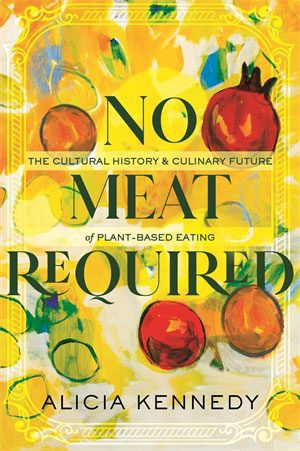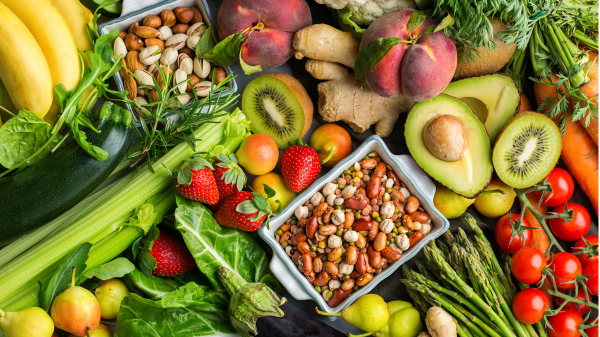Like Mr. Putin’s effort in Ukraine, the great offensive against meat has stalled. Alicia Kennedy’s new book No Meat Required exemplifies, without really explaining, why.


Let us accept Kennedy’s assertion that the modern no-meat movement began with the publication of Frances Moore Lappé’s Diet for a Small Planet in 1971. Since then, interest in vegan and vegetarian cooking has boomed, with countless cookbooks and restaurants and pundits touting the virtues of meatless eating. And it has produced countless innovative and delicious new recipes.


But what about its larger effects? Meat consumption among the U.S. public has risen since then, from under 200 pounds per capita in the U.S. in 1970 to 227 pounds in 2022.
And, to use Kennedy’s own figures, “The number of people in the U.S. who identify as vegetarian or vegan is still a tiny number: 5 to 8 percent identify as vegetarian, and 3 percent identify as vegan.”
Kennedy’s tirade against Modern Meat recapitulates long-known and familiar arguments. You will already have been, or not been, convinced by them. Even many of her witticisms could have been written by ChatGPT. She is not immune to error, thinking that there is still meatpacking in Chicago and claiming that commodity checkoff programs are funded by taxpayers rather than levies on producers.
The most valuable and enjoyable part of No Meat Required lies in Kennedy’s explorations of the various antimeat subcultures: hippie, Rasta, punk. She quotes one punk vegan: “Veganism—for me at least—is a great way to say F[—] You! to the powers that be and their advertisers.”
Here lies the movement’s problem. In any of its forms, it is an ideology, and—particularly in this case—an ideology is an identity. Many, or most, people are indifferent to or repelled by these identities. They even lead to the usual counterreactions, such as the he-man red meat eaters that Kennedy decries.
Kennedy is semi-aware of this difficulty and wishes to go beyond ideology toward a world where “there could be more fruit, more vegetables, more grains and legumes everywhere.” But what kind?
Do you, she asks, want your faux meat burger “garnished with a tomato picked by a slave-wage worker and on a bun made of GMO wheat flour”?
Kennedy wishes for a new, more humane, and sustainable system of food production, but she is unable to put forward any realistic vision for such a thing, because her understanding of American agriculture—and its alternatives—consists of stereotypes.
“Farms that work on a smaller scale to sell to their local markets are going to minimize poor production practices and human effects by the very virtue of their work,” she writes.
Really? I live within walking distance of a farmers market, and we don’t even go to it. Inferior, overpriced produce trucked to the western suburbs of Chicago from Michigan does not strike me as a promising vista for American agriculture.
Here, I suspect, is the humdrum truth: the American diet and economy would be best served by a population that ate more in accordance with the standard, scientifically established dietary recommendations. This would mean eating less meat and more fruits and vegetables. But there is no identity in that. Or any villains. And what fun is an identity without villains?
But don’t expect any affection for the produce industry: Kennedy objects, for example, to “a tomato picked by a slave-wage worker.”
Even the conversion of Gwyneth (“Veganism would be nothing without me”) Paltrow cannot count as a full victory, since the adorable actress has recently confessed that she has gone back to being an omnivore.



